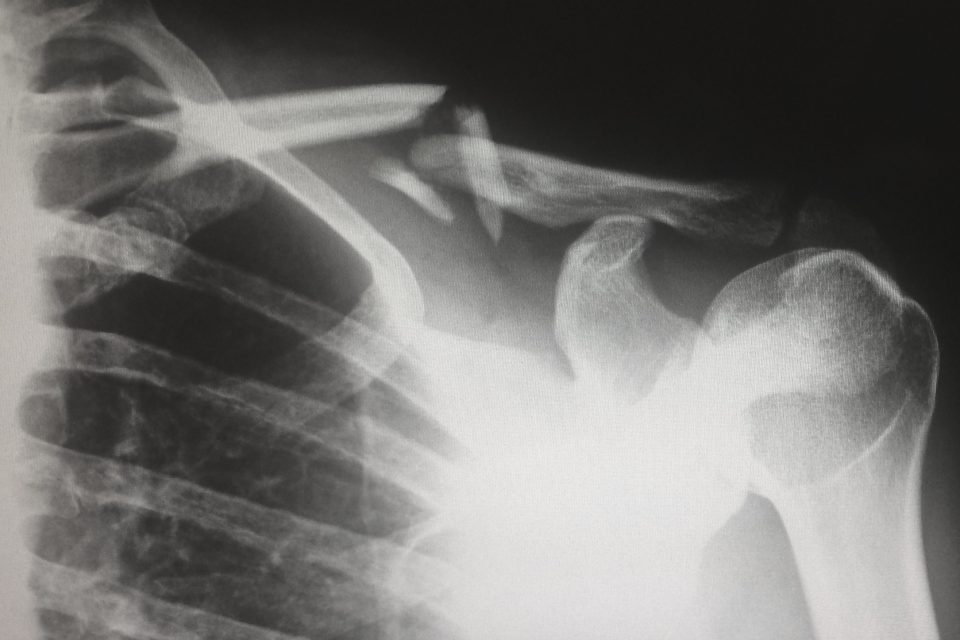In healthcare systems around the world, x-ray machines play an important role in diagnosing a whole range of ailments. They can only provide a benefit, however, if a radiologist is available to translate information from x-ray scans into actionable decisions.
In many cases, radiologists at hospitals can be overwhelmed with the number of scans they are required to analyse. A 2016 report by TMC shows that radiologists are facing a significantly increasing workload, which needs to be addressed as a matter of urgency.
The UK is particularly feeling the strain, with only 4.7 radiologists per 100,000 population. This number will need to almost double by 2022 to meet demand. Because of this shortage, the NHS spent nearly £88 million in 2016 paying for backlogs of radiology scans to be reported – the same amount could have paid for over 1,000 full-time consultants.
Clearly, there is an urgent need for a solution – and a group of students from Romania could very well have the answer.

Students with vision
VisionX is formed of three ambitious students from Politehnica University Timișoara, Romania, who have combined their various skills to develop XVision – an AI-powered system that is designed to automatically detect anomalies and diseases in x-rays, with radiologist-level accuracy.
The system makes use of various Azure technologies such as Machine Learning and Functions to diagnose x-rays based on common problems and heatmaps which highlight typically problematic zones.
The team’s machine learning algorithm was trained by analysing existing scans and known anomalies, building up a database that can be used as a reference for future scans.
The system itself is intelligent enough to recognise the body part in question, before referencing the relevant library of past scans, calling up the algorithms specific to the body part for diagnostic analysis.
The process itself can take only seconds, and doesn’t require any input from a radiologist. Used as an initial diagnostic tool, XVision can help alleviate pressure from radiologists by detecting the most common problems, freeing up their time to focus on analysing more complex scans, or automatically highlighting the most serious cases, allowing them to prioritise their time.
The future
The VisionX team plans to develop the project further, with the ultimate aim of selling the system to hospitals and clinics in countries around the world. In addition, they will also offer single-use case options for private customers, who can pay a one-off fee for an analysis of their scan.
VisionX recently won the first-place prize of $3,000, Azure credits and mentoring opportunities in Microsot’s Big Idea Challenge – an event designed to empower Imagine Cup competitors with more opportunities to build their cloud development skills.
We wish VisionX the best of luck in their application for the 2018 Imagine Cup challenge, and look forward to seeing them develop their project further.




